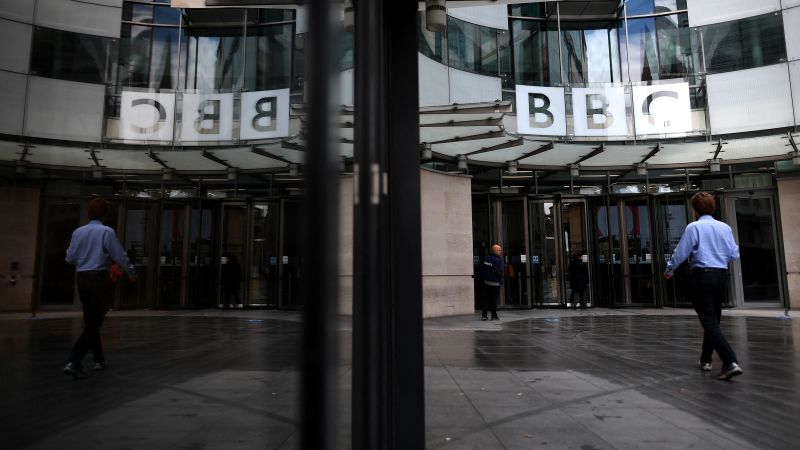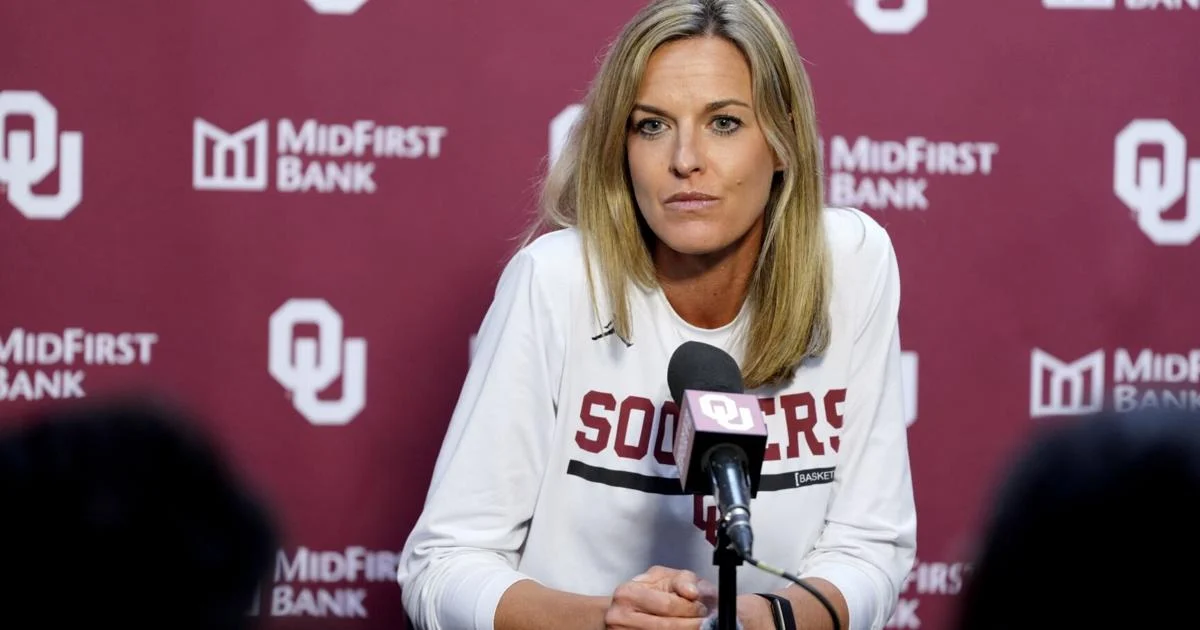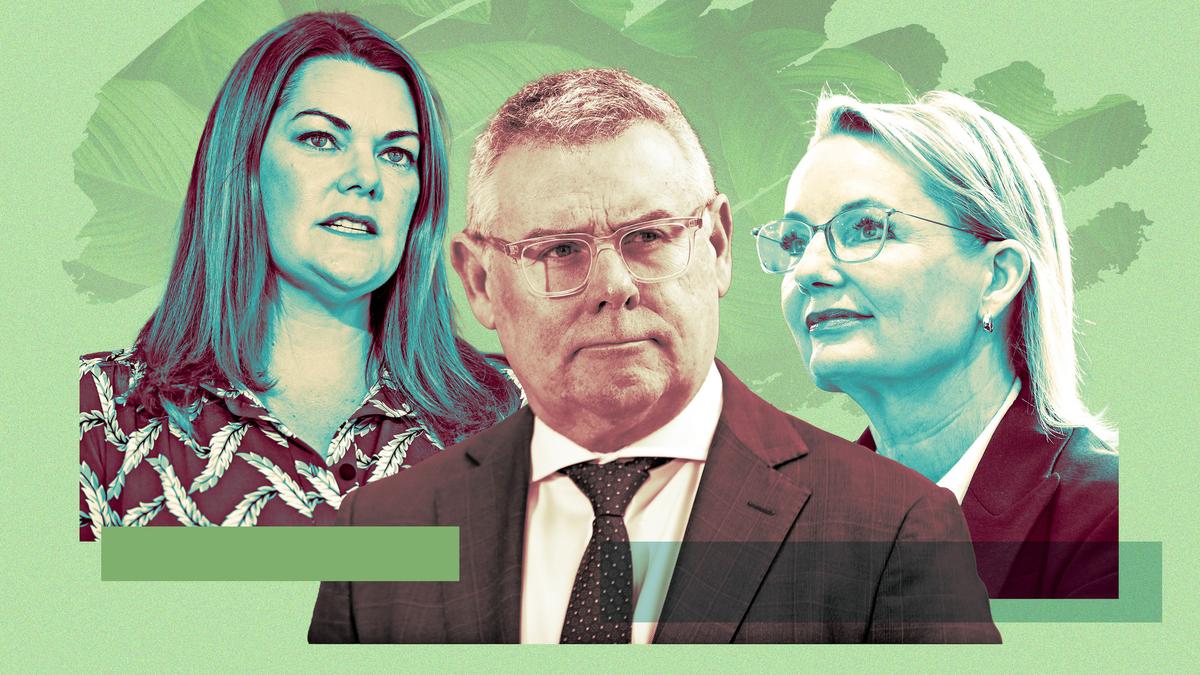Copyright Cable News Network

One word in outgoing BBC boss Tim Davie’s statement explains not just his resignation, but the political reality for media leaders in 2025: “Febrile.” To save you from Googling, Dictionary.com defines “febrile” as “a more formal way of saying feverish — having a fever.” Arguments over the BBC in recent days have certainly been fevered, but then again, those arguments are never-ending, owing to the broadcaster’s immense power and unique place in British public life. As a result, the job of BBC director general — though certainly prestigious —is also relentless and thankless. The current controversy over a misleading edit to a 2024 documentary about President Donald Trump illustrates the dynamic perfectly. In a vacuum, the more-than-a-year-old misstep by unnamed producers would not cause the very top heads of the organization to roll. But in a politically poisonous atmosphere with near-daily disputes over coverage of Israel’s war in Gaza; the equally frequent attacks from the BBC’s rivals; and a looming review of the BBC’s license-fee model; it’s easy to understand why Davie and BBC News chief Deborah Turness both tendered their resignations. A sigh of relief was almost audible in their respective memos. “Overall the BBC is delivering well, but there have been some mistakes made and as director-general I have to take ultimate responsibility,” Davie wrote. Turness similarly wrote that “mistakes have been made.” BBC Radio 4 host and former BBC News political editor Nick Robinson spoke for many both inside and outside the organization when he said, one day before the resignations, “It’s clear that there is a genuine concern about editorial standards and mistakes. There is also a political campaign by people who want to destroy the organization.” Robinson’s point: “Both things are happening at the same time.” This all contributes to the fever that Davie referenced on Sunday. He said the BBC board had unanimously supported him throughout his “entire tenure, including during recent days,” indicating he was not forced out. And he said “the current debate around BBC News” was just one factor in his departure. Another factor: The government is currently reviewing the BBC’s Royal Charter, which is the contract that determines how the BBC is funded and run. The current charter, which expires at the end of 2027, has a license-fee system in which British households pay £174.50 ($230) a year for BBC shows and services. This license fee structure has supported a diverse array of programming for decades, but has also opened up the BBC to all sorts of criticism. Some conservative leaders have argued that the license fee system is anachronistic in the age of Netflix and Spotify. They have also lobbed countless complaints about perceived political bias. Davie said, “I have been reflecting on the very intense personal and professional demands of managing this role over many years in these febrile times, combined with the fact that I want to give a successor time to help shape the Charter plans they will be delivering.” BBC faces politically charged media climate When Davie took charge in 2020, he said his No. 1 priority was “to renew our commitment to impartiality.” Most of the battles over the BBC relate back to that commitment in one way or another. Earlier this year, for instance, the BBC removed “Gaza: How to Survive a Warzone” from its streaming service amid intense scrutiny of the documentary. The narrator was the son of a Hamas official, a conflict that breached the BBC’s editorial guidelines. Davie issued an apology after a review of the matter. BBC officials have highlighted and defended the news organization’s exhaustive reporting about the war. Similarly, they have urged people to take stock of the BBC’s coverage in totality — from groundbreaking exposes about the civil war in Sudan to thoughtful pieces about Trump’s second term in office. But all of that risks getting flattened when a partisan media firestorm erupts. The BBC is “blatant propaganda” and “total, 100% fake news,” White House press secretary Karoline Leavitt said Saturday in an interview with the Telegraph newspaper, fanning the proverbial flames against Davie and Turness. The trigger was a misleading edit in “Trump: A Second Chance?” In the documentary, portions of Trump’s January 6, 2021, speech to supporters at the Ellipse were stitched together to make it sound like he had said he would walk with them to the Capitol and “fight like hell.” It was edited together to sound like one threatening sentence. Trump’s tone was certainly combative that day, but in the actual speech, his exhortations to “fight” were separate from his suggestion about walking to the Capitol to “cheer on our brave senators and congressmen and women.” The edit apparently escaped scrutiny when the documentary aired on “Panorama,” the BBC’s flagship current affairs program, shortly before the 2024 US presidential election. But it was subsequently described in a memo by Michael Prescott, a former editorial adviser to the BBC’s Editorial Guidelines and Standards Committee. Trump celebrates Davie’s exit The Telegraph, which has published anti-BBC commentary for years, reported on the existence of the memo on November 3, triggering days of controversy in the United Kingdom. The Telegraph published daily follow-ups about the “growing crisis at the corporation,” and amplified many critics, including by interviewing Leavitt. Meanwhile, the producers of the documentary, which was made by an outside production company, remained silent. Trump and his aides treated Sunday’s resignations like personal victories. The president wrote on Truth Social that the BBC executives were “caught ‘doctoring’ my very good (PERFECT!) speech of January 6th.” There is no evidence that either executive was involved in the nitty gritty of the documentary. Trump also wrote “thank you to The Telegraph for exposing these Corrupt ‘Journalists.’ These are very dishonest people who tried to step on the scales of a Presidential Election.” There is no indication that the edit was politically motivated. Furthermore, the documentary’s primary audience was in the UK, not the US. Leavitt used the occasion to promote a right-wing upstart channel, GB News, that is sometimes described as the Fox News of the UK. To borrow Davie’s word, it is a “febrile” media environment, indeed.



